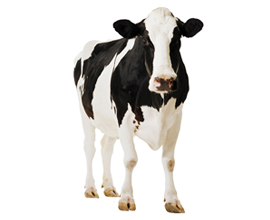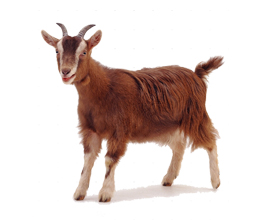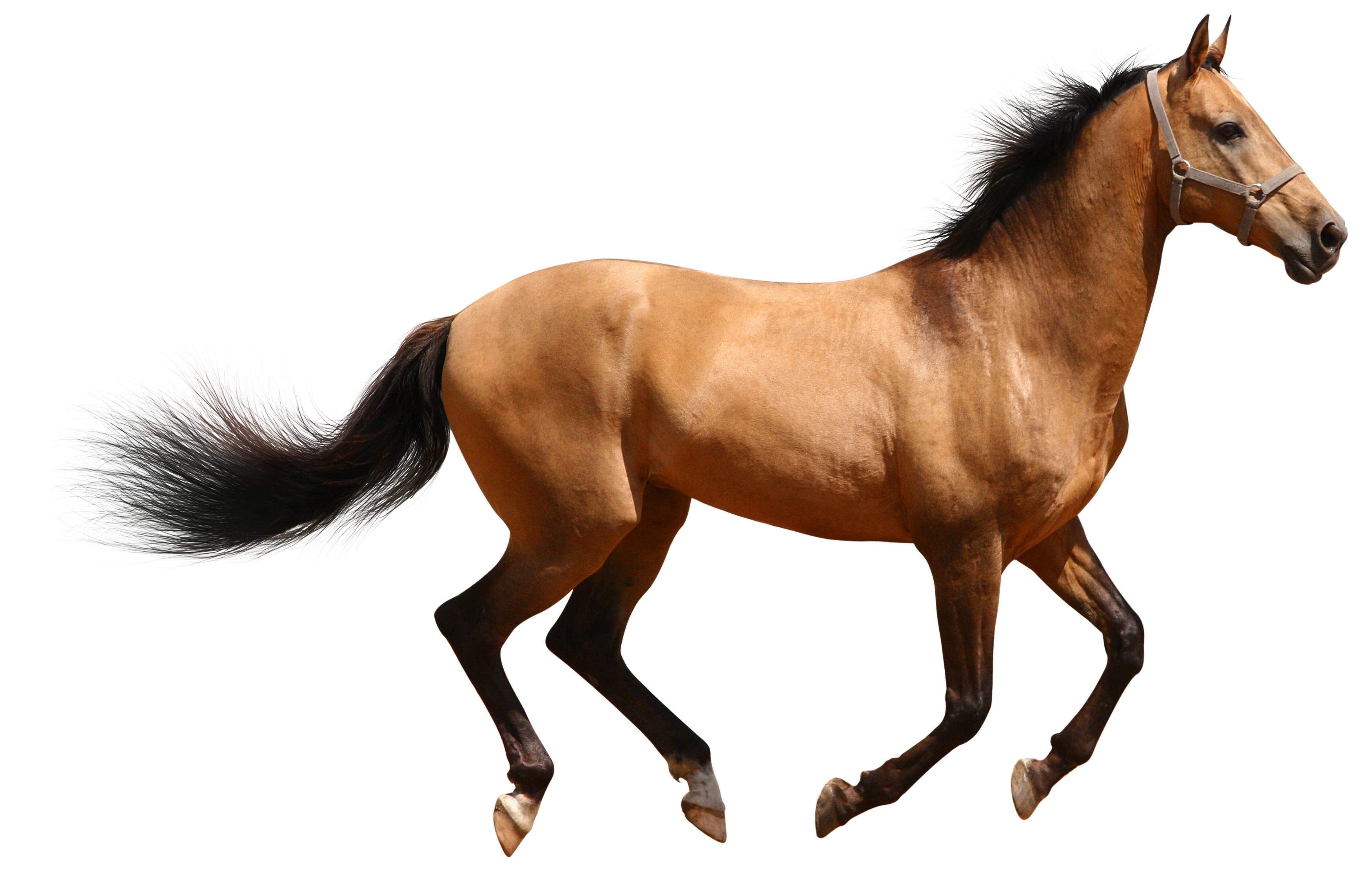EFFAA'S MINERAL GLYCINATES

EFFAA has emerged as a reputed organization, engaged in export of top quality Mineral Glycinates. These minerals are formulated using amino acids and other high quality chemicals, to ensure best quality glycinate. The minerals are widely demanded by our customers for their accurate composition, effectiveness and health benefits. These Mineral Glycinates are mainly used in agricultural and farming industries for feeding cattle and chickens to provide essential nutrients during their growth.
Features:
- Improve growth and feed conversion
- Improve lean meat/less fat
- Help in the utilization and control of carbohydrates and protein in the body
- Increases muscle & tissue growth
- Enhance fertility
- Decrease conception rates
- Reduce animal performance
- Reduce the stress conditions
Other details:
A mineral amino acid chelate is a product resulting from the reaction of metal in from a soluble metal salt with amino acids i.e glycine with a mole ratio of one mole of metal to one to three (preferably two) mole of amino acids to form co ordinate covalent bonds.
Bonding between a mineral and an organic molecule creates a stable compound. The organic material facilitates absorption while protecting the mineral from antagonists (or anti-metabolites) in early digestive stages. The mineral can then be absorbed more readily at the proper stage of digestion and utilized more efficiently by the animal.
Mineral amino acids chelates have been proven as useful tools in trace mineral supplementation. Organic forms stable in various pH levels of the gut have been proven to offer highest bio availability.
The most important thing is the stability of the connection between the amino acids and the salt of the trace element. The covalent binding between these products causes an unusual molecular stability.
We Offer :

- Effaa's Protein Digest -Mineral Glycinate
- Effaa's Ferrous Glycinate,
- Effaa's Zinc Glycinate,
- Effaa's Manganese Glycinate,
- Effaa's Magnesium Glycinate,
- Effaa's Copper Glycinate,
- Effaa's Calcium Glycinate,
- Effaa's Boron Glycinate,
- Effaa's Cobalt Glycinate,
- Effaa's Selenium Glycinate,
- Effaa's Chromium Glycinate,
- Effaa's Iodine Glycinate,
- Effaa's Molybdenum Glycinate.
Effaa's Iodine Glycinate
Iodine is a key component of thyroid hormones involved in energy metabolism rate regulation in the body. Iodine deficiency is characterized by enlargement of the thyroid (goiter). Goitrogenic substances in feeds suppress thyroid function and can affect iodine requirements. In white clover, thiocyanate is derived from cyanate and impairs iodine uptake by the thyroid. It is a nutritional animal feed supplement formulated to prevent and/or correct Iodine deficiency in animals.
Effaa's Selenium Glycinate

Selenium is an important part of the enzymes glutathione peroxidase and iodothyronine deiodinase. Glutathione peroxidase helps prevent oxidative damage to tissues. The latter enzyme is involved in thyroid hormone metabolism. The functions of vitamin E and selenium are interrelated. Diets low in vitamin E may require selenium supplementation.
Selenium deficiency can lead to white muscle disease, a condition discussed in detail later in the nutritional disorders section of this publication. Calves may experience compromised immune response even when no other clinical signs of selenium deficiency are present. Unthriftiness, weight loss, and diarrhea are other deficiency signs.
Effaa's Chromium Glycinate
Chromium is a trace mineral involved in glucose clearance. Immune response and growth rate in stressed cattle has been shown to improve with chromium supplementation. However, beef cattle producers do not need to be concerned about chromium supplementation under normal circumstances.
Effaa's Molybdenum Glycinate
is the product resulting from the chelation of molybdenum with amino acids and/or partially hydrolyzed proteins as. It is a nutritional animal feed supplement formulated to prevent and/or correct molybdenum deficiency in animals.
- Improve microbial activity in intestine.
- Reduce copper toxicity.
- Part of many enzymes.















